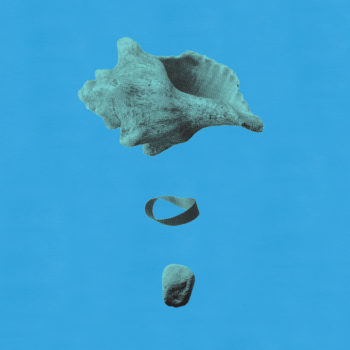The Edge of Forever is a chamber opera by Elizabeth Cline and Lewis Pesacov inspired by the end of the Mayan Long Count Calendar. It is a time-responsive opera, written for one moment in time and performed once on December 21, 2012, the final day of the Mayan Calendar.
The piece explores the nature of consciousness and its relationship to time through a prophecy of divine love. It is the story of an ancient astronomer and a distant beloved, a cosmic union that begins a new, undocumented era of time. Pesacov’s score manifests his journey from dark emotional states of yearning to the warm glow of infinite love. The sound world balances imaginary ancient and future musics, from conch shell to electronic oscillations: Deep earth sounds ripple, murmur and surge into shimmering ritualistic music.
To remain true to the concept and experience of the work, this recording is the only documentation of the production. The Edge of Forever was site specific to the historic Philosophical Research Society, a Mayan Revival architecture style building in Los Angeles. The audience entered the opera in Act III, at that present moment in time on December 21, 2012 at 8pm—an event that has been recorded in stone since the 9th century by the Mayans as the end of their calendar. The opera was staged as an immersive experience that begins with a procession of chorus members leading the audience into the theater with their voices. Once inside, the audience was immediately transported to the cenote where the action is already taking place.
